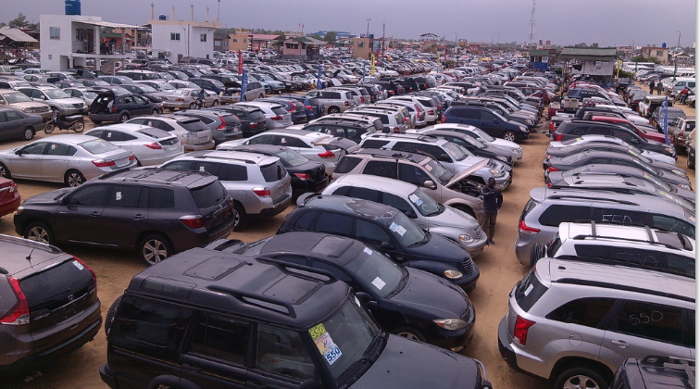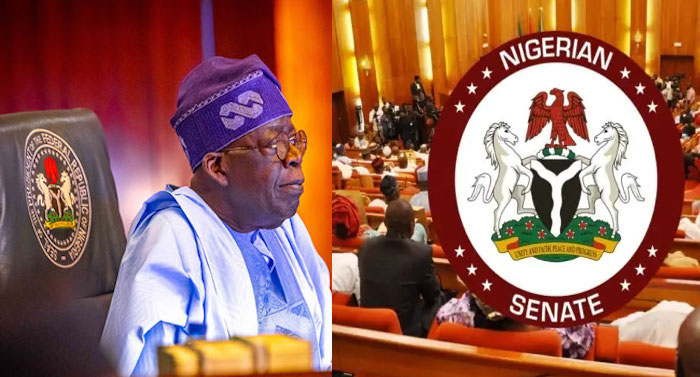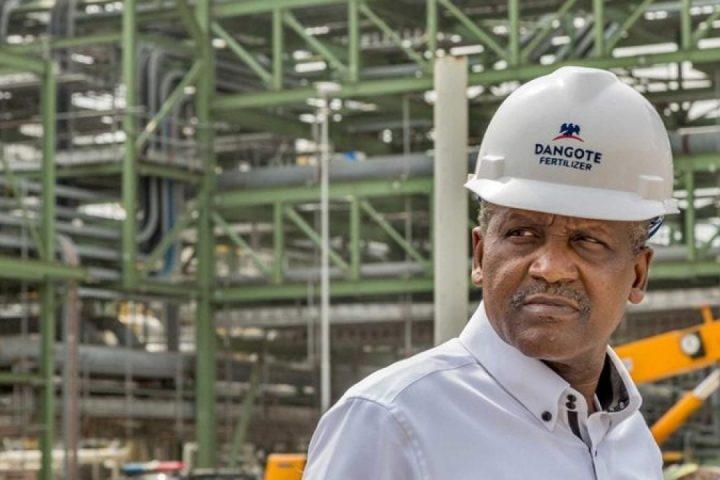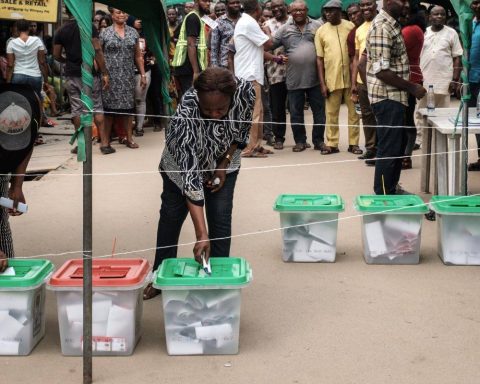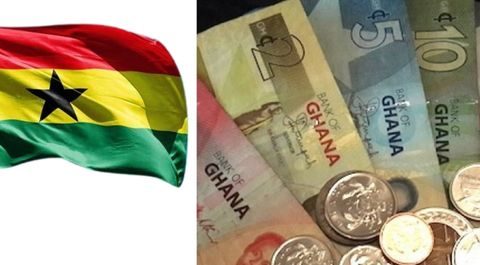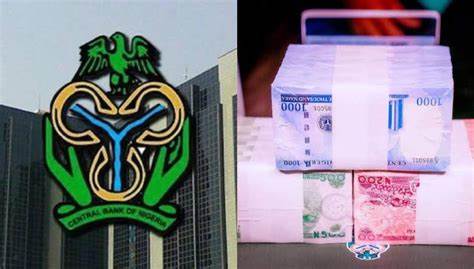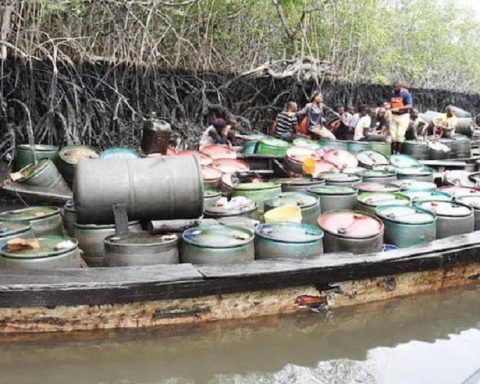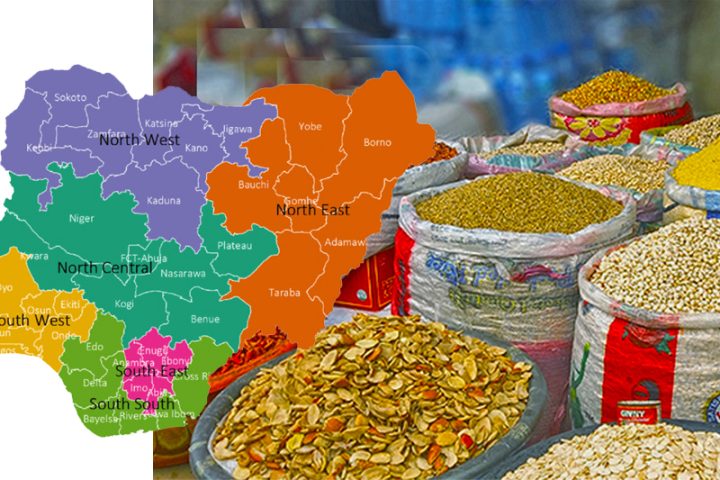As Nigeria’s inflation rate continues to climb, the impacts are being felt in every corner of the economy. One industry affected is the car market. Rising fuel prices and inflation have significantly increased car prices, making it tough for Nigerians to buy vehicles and pushing car dealers to the edge.
“Business has slowed down because customers can’t afford new cars, and used cars are no longer cheap,” says Adewale Ojo, a car dealer in Lagos. This feature explores how Nigeria’s inflation rate and fuel price hike are driving low patronage in the car market, with insights from car dealers, Nigerian buyers, and industry experts.
Join our WhatsApp ChannelThe Toll of Nigeria’s Inflation Rate on Car Prices
As of September, Nigeria’s inflation rate surged to 32.7%, pushing up prices across the board, from essential goods to cars. Dealers have seen a steady increase in car prices over the past year, particularly in foreign-made cars, which are subject to import costs that have been inflated due to the naira’s devaluation.
Emeka Adama, the owner of Gotztobi Automobile in Isolo, Lagos State, shares, “Before, a London used Toyota Corolla could go for N2 million, but now it’s around N5 million that. People come to ask, but when they hear the price, they walk away.” The increasing prices have affected not only individuals but also businesses that rely on a fleet of vehicles.”
“The rising cost has discouraged new purchases,” comments Ayo Ladi, a Nigerian buyer who has been searching for a new car for six months. “I can’t find a good deal, and everything is way above budget. If it’s not inflation, it’s the fuel price. The fear of fuel price at N1,200/litre has been a force discouraging me from purchasing the car. How much do I earn into wanting to buy fuel of approximately N20, 000 weekly?”
Impact of Fuel Price Hike on Car Patronage
The removal of fuel subsidies has contributed to a surge in petrol and diesel prices, worsening the situation for car dealers and buyers alike. Dr. Emmanuel Okeke, an economist specialising in Nigerian markets, explains, “The increase in fuel costs has had a cascading effect on car prices. Not only are cars more expensive to buy, but they’re also more costly to maintain and fuel up. I have three cars I use alongside my wife but for some months now, we have using one of the cars often and the second once in a while. We are still trying to sell the third one.”
READ ALSO: Tenants Panic As Landlords Blame Rent Hikes On Inflation Rate, Fuel Costs
For Nigerian car buyers, this has created a dilemma. “I need a car to go about my work, but the monthly cost of running it now is just too much, I take public transport most times even though it is not conducive,” says Chinedu Eze, a businessman in Lagos. The soaring cost of fuel has also discouraged potential buyers from upgrading or replacing old vehicles, leading to a significant drop in car sales.
Dealers’ Challenges in an Inflated Economy
Car dealerships have been hit hard by the current economic conditions. According to interviews with four car dealers across Nigeria, the low demand is making it difficult for dealerships to sustain their operations.
Peter Adekunle, a dealer in Yaba, explains, “It’s not just about selling. Cars are sitting in the showroom for months. And when they don’t sell, we have to mark them down, but the cost to import hasn’t gone down. It’s a loss on both sides.” He noted that his dealership has reduced imports by over 40% this year alone to avoid accumulating unsold inventory.
Another car dealer, Adichie Ebuka shares on Facebook, “I’ve had to lay off some staff because we just don’t have enough sales to cover payroll. With inflation affecting everything from rent to operational costs, we are barely making any profit.”
Nigerians’ Reactions to Rising Car Costs
In addition to affecting car dealers, the rising inflation and fuel costs are a strain on everyday Nigerians who need vehicles for personal or work use. For many, buying a car has become nearly impossible due to increased financial pressures.
“I was planning to buy a second-hand SUV, but when I checked recently, the prices were shocking,” says Ifeoma Chukwudi, a public relations manager in Lagos. “Inflation keeps pushing up prices, so each month I wait, it becomes more expensive. I might even have to put off buying altogether.”
Okon Edet, a Cybersecurity expert in Lagos, also expresses his frustration, “I saved up for over a year for a car, but with the current inflation rate, the car I want is still far out of reach. At the initial stage the car cost around N4,000,000 to N5,000,000, but it now cost around N8,000,0000 to N10,000,000. I feel like the economy is working against my plans.”
Experts’ Analysis on Nigeria’s Inflation Rate and the Car Market
Economic analysts believe that without government intervention to stabilise the economy, the effects on the car market will persist and could worsen. Dr. Chinedu Obasi, an economic expert on inflation impacts, notes, “The government needs to act quickly, perhaps by stabilising fuel prices or implementing measures to reduce inflation. The car industry plays a significant role in the economy, and its decline will have far-reaching effects.”
Similarly, James Nnadi, a financial analyst, says, “Car dealers are bearing the brunt of high import costs, increased fuel prices, and inflation, which is deterring potential buyers. If left unchecked, these issues will lead to even fewer car sales and a struggling automotive market.”
Potential Solutions to Support the Car Market Amidst Inflation
In light of these challenges, both dealers and experts are calling for more government support to help stabilize the car market. “The government should consider reducing import taxes on cars temporarily to make vehicles more affordable for Nigerians,” suggests Ayodele, a dealer in Abuja. “It’s about making cars accessible to the average Nigerian again.”
Dr. Obasi further recommends that the government consider alternative solutions, such as encouraging local car manufacturing to reduce dependence on imports. “Supporting local production could be a long-term solution to make cars more affordable while generating jobs,” he adds.
Nigeria’s inflation rate and rising fuel costs have deeply impacted the car market, affecting dealers and buyers alike. Car prices are higher than ever, leading to low patronage and creating tough times for dealerships. Nigerians are finding it increasingly difficult to afford cars, and without urgent intervention, the future of the industry may be bleak.
As Nigerians continue to hope for relief, car dealers, buyers, and experts alike call for government actions to address the inflation crisis. “We need a policy shift, otherwise this inflation will keep driving people away from the car market,” says Adekunle.
Emmanuel Ochayi is a journalist. He is a graduate of the University of Lagos, School of first choice and the nations pride. Emmanuel is keen on exploring writing angles in different areas, including Business, climate change, politics, Education, and others.

